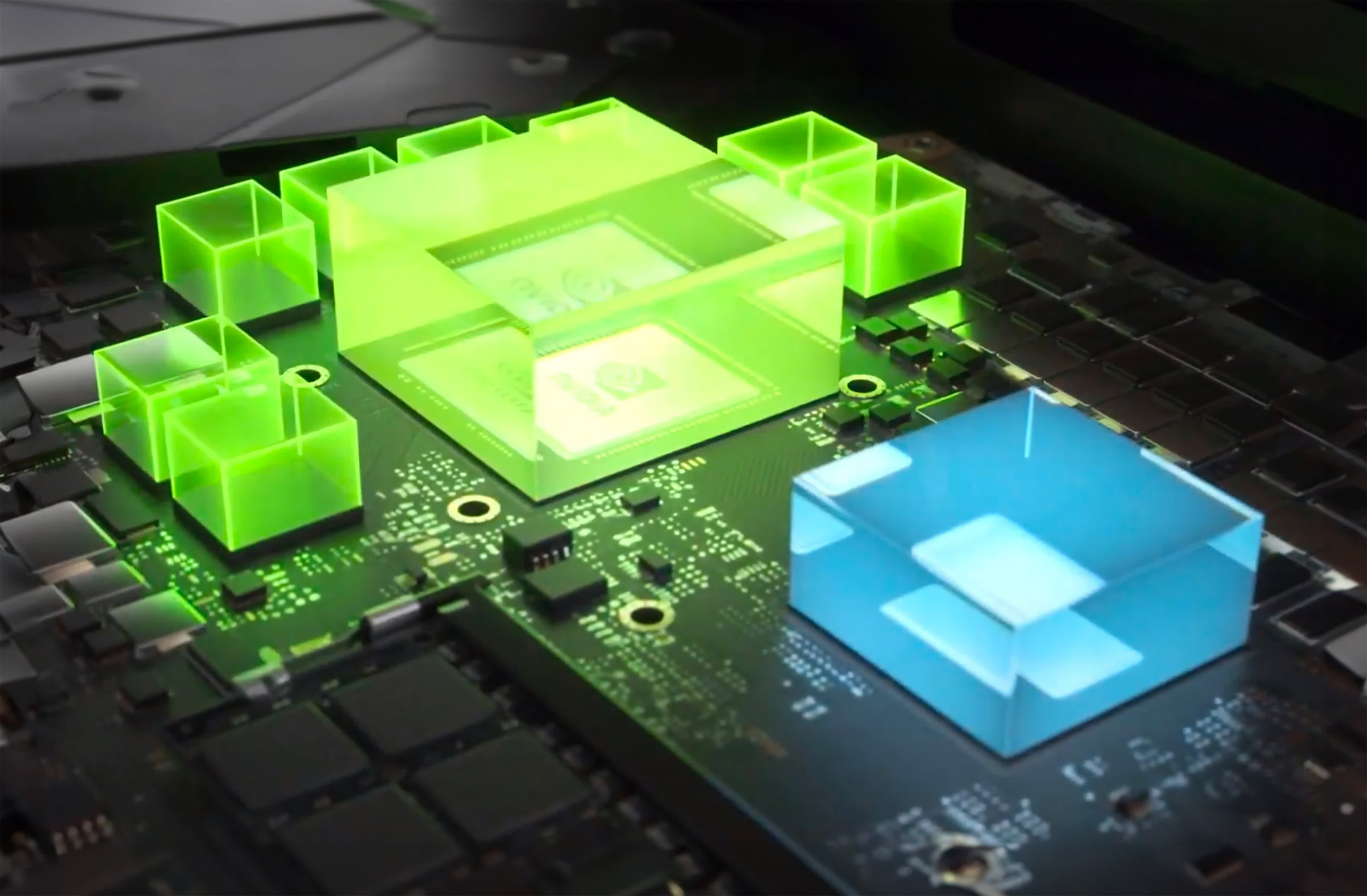
The first big tech event of the year has come and gone. We went into CES expecting to be completely inundated with "AI", all marketing guns blazing. What we got was much more nuanced.
True, there was an endless number of "AI powered" devices that have nothing to do with AI...
Al backpacks, AI office chairs, and AI toothbrushes to name just three of many. Those are just gadgets (barely) that have a tiny bit of software in them. A decade ago we started calling them "smart," but apparently the memo went around and we are now supposed to call them AI. But that's just part of the normal silliness of CES marketing and every marketer's impossible dream of standing out out from the cacophony.
Editor's Note:
Guest author Jonathan Goldberg is the founder of D2D Advisory, a multi-functional consulting firm. Jonathan has developed growth strategies and alliances for companies in the mobile, networking, gaming, and software industries.
Much more important was the lack of AI commentary from the big vendors. We fully expected lines of PCs and smartphones enabled with transformer-based AI accelerators, but we got none of that. The big, usual suspects had oddly little to say on the subject.
We think there are two causes of this. First, Intel, AMD and Qualcomm have held recent AI-heavy events of their own. The way that tech marketing works now, there is far less return in launching a product at CES, better to host your own event than try to compete with everyone else.
Second, and more telling, no one is ready for any of that AI enablement. ChatGPT is barely a year old, so there is very little silicon tuned for that type of model available yet. Qualcomm is probably the furthest along, but Intel and AMD are still a cycle or so away from having chips on the market that can make any meaningful dent with large language models for consumer devices.
Not all things are made better by speaking to them, sometimes having a screen to look at and a keyboard to type is better.

Moreover, even if they all had their chips ready, what would anyone do with it? The software side of consumer AI is just not there yet. We can argue whether it ever will be there.
Cloud and enterprise AI inference is a different story, but the consumer side needs Microsoft, Google and most especially Apple to show us something interesting.
There were a few interesting ideas out there. For instance, Rabbit launched the Rabbit R1 a voice assistant. However, much like the Humane pin from a few months back, we felt this was much more of a concept than a product we would want to own.
These devices are really just natural language processors, it is novel to be able to have a conversation with an electronic gadget, but true utility is not clear. Our sense is that these devices have not really thought through how a big a change these devices require for human interaction.
Not all things are made better by speaking to them, sometimes having a screen to look at and a keyboard to type is better. There may be a world someday in which we speak to our computers like we are in Star Trek, but for right now a web page or app is still better for most uses.
https://www.techspot.com/news/101592-opinion-big-ai-party-not-cancelled-postponed.html